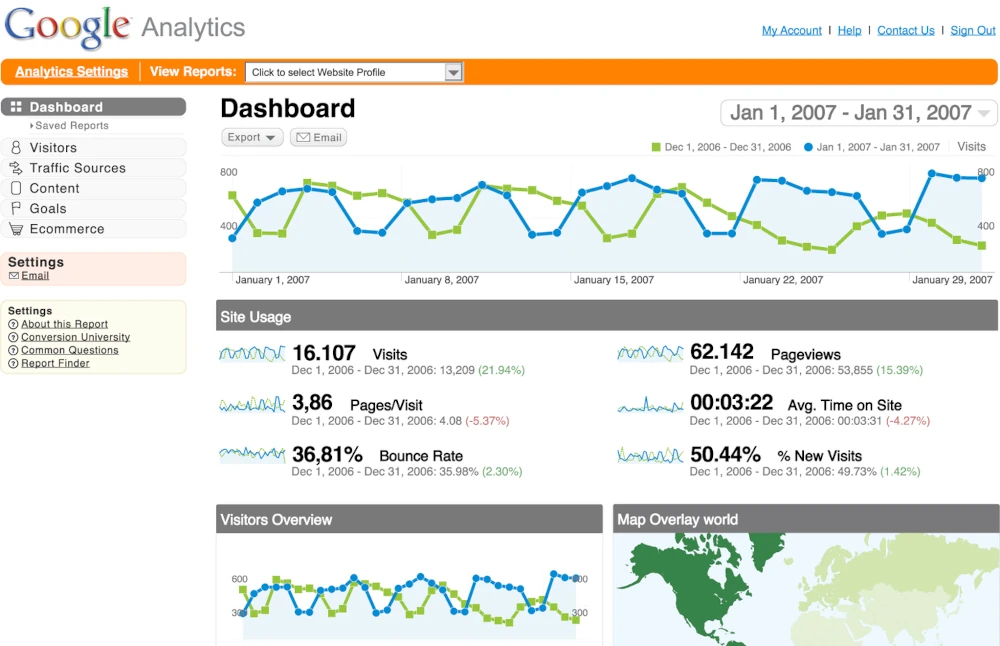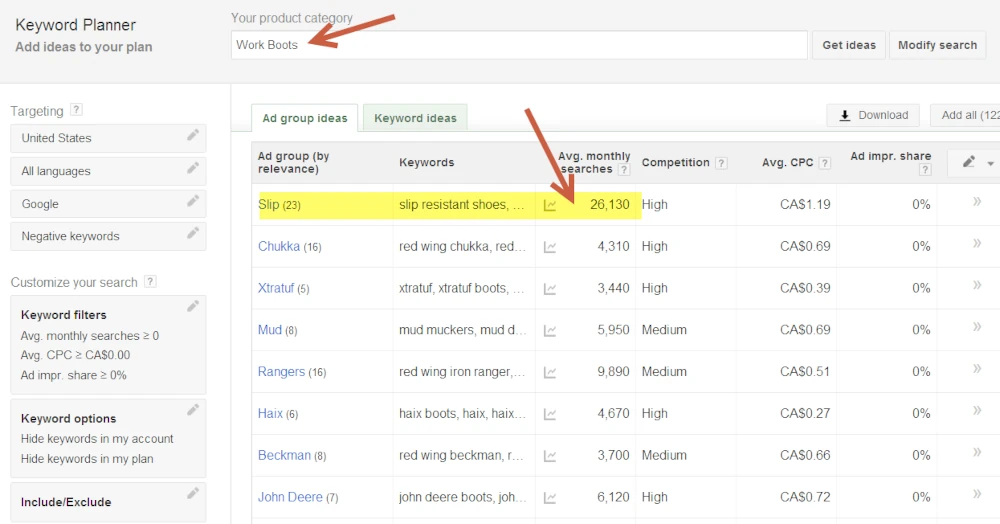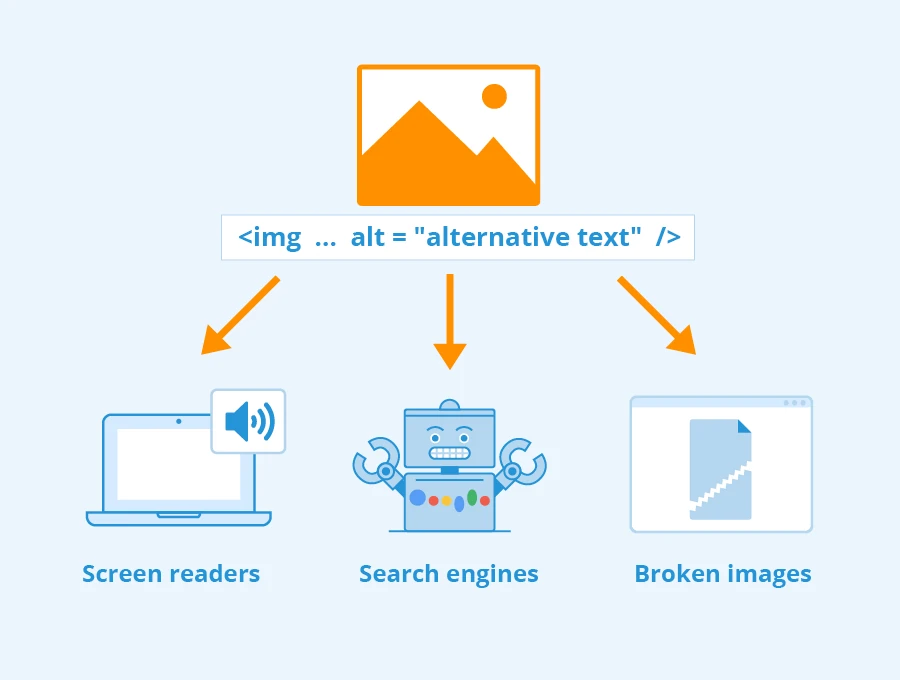
A mobile-friendly website has transformed from an optional preference into a fundamental requirement because we now operate in a digital-first era. Businesses operating in Portsmouth should use mobile user-focused SEO strategies as their key method to stay competitive while ensuring discoverability. The following discussion investigates methods to design mobile SEO approaches that achieve outstanding performance for both local consumers and worldwide visitors.
Why Mobile SEO is Essential for Portsmouth Businesses
Mobile-friendly SEO describes the steps for optimizing websites to operate optimally on mobile devices by ensuring quick load times, intuitive navigation, and adaptable design. Google now prioritizes mobile-first indexing because smartphone searches have grown so much that Google uses your mobile site performance to determine your search rankings.
In Portsmouth and its progression of digital and local business interactions, having a mobile-friendly website becomes mandatory rather than optional. Businesses that ignore this trend risk losing out on visibility, engagement, and local foot traffic driven by online search. Whether you’re running a cafe, a tech startup, or an e-commerce store, mobile SEO boosts your reach. For tailored support, businesses can explore professional Portsmouth SEO services to enhance both visibility and mobile performance.
This blog lays out a practical strategy for creating mobile-friendly SEO tailored to Portsmouth businesses. Backed by E.E.A.T. principles (Experience, Expertise, Authoritativeness, and Trustworthiness), it offers real-world solutions to help you improve your mobile performance and stay competitive in 2025.
The Growing Importance of Mobile SEO in 2025
The optimization of websites for mobile devices represents the practice known as Mobile SEO. In Portsmouth, where foot traffic often translates to online searches, local visibility via smartphones is vital.
Here’s why mobile SEO is non-negotiable in 2025:
- A majority (over 70%) of the total web traffic in the UK originates from mobile device usage.
- Your site gets ranked by Google based on its mobile version through its mobile-first indexing strategy. Learn more about the role of mobile optimisation in SEO rankings and why it’s become crucial for businesses in 2025.
- Businesses in Portsmouth heavily depend on local search to gain customers for their restaurants, service providers, and the tourism sector.
Your site’s lack of mobile optimization will prevent it from appearing in front of potential consumers who access the web using mobile devices.
Understanding Your Mobile Audience in Portsmouth
Before diving into strategy, understand who your audience is:
- Locals searching for services (plumbers, salons, events).
- Tourists are using mobile maps and searching “near me”.
- Students and young professionals who browse primarily on smartphones.
Google Analytics enables users to track device preferences and origin sources while providing insight into users’ preferred content. This helps you customise your mobile experience and improve your Portsmouth SEO efforts.

Key Elements of a Mobile-Friendly Website
To pass Google’s mobile usability tests, your site should include the following:
1. Responsive Design
Your site must adjust seamlessly to any screen size. Portsmouth businesses should use responsive themes or frameworks like Bootstrap or WordPress themes built for mobile.
2. Fast Loading Speed
Mobile users are impatient. Aim for a load time under 3 seconds by:
- Compressing images.
- Minimising code (HTML, CSS, JavaScript).
- Using browser caching.
3. Readable Text and Clickable Elements
Avoid small fonts or cramped layouts. Ensure all buttons and links are finger-friendly, not too close together.
4. No Intrusive Popups
Google penalises sites with annoying pop-ups on mobile. Use smaller banners or slide-ins for promotions instead.

Local SEO Optimisation for Mobile in Portsmouth
For Portsmouth-based businesses, local SEO is a game-changer. Combine mobile-friendliness with local strategies:
Google Business Profile Optimisation
Claim and optimise your Google Business Profile:
- Add your location, opening hours, and photos.
- Encourage satisfied customers to leave reviews.
- Use keywords like “best café in Portsmouth” in your business description.
Mobile Keyword Research
Mobile users type and speak differently. Long-tail conversational keywords that might interest your audience can be identified through tools such as Google Keyword Planner and AnswerThePublic:
- “Affordable estate agents near Gunwharf Quays”
- “Best brunch spot in Portsmouth”
Use of Location Pages
If you serve different parts of Portsmouth, create mobile-optimised landing pages for each area (e.g., Southsea, Fratton, Cosham).
Voice Search & Mobile SEO: A Portsmouth Opportunity
As more people use voice assistants, voice search is reshaping mobile SEO. Portsmouth businesses should optimise for this trend by:
- Using natural, question-based keywords: e.g., “Where’s the nearest vegan restaurant in Portsmouth?”
- Creating FAQ sections with conversational answers.
- Including structured data (schema markup) for events, reviews, and contact info.
Mobile UX & Core Web Vitals: SEO Metrics That Matter
Google’s Core Web Vitals are now a ranking factor, especially for mobile searches. They measure:
- LCP (Largest Contentful Paint) – how fast content loads.
- FID (First Input Delay) – how responsive the site is.
- CLS (Cumulative Layout Shift) – visual stability as the page loads.
To improve these:
- Use tools like PageSpeed Insights or Lighthouse.
- Optimise your hosting.
- Avoid layout shifts from ads or images without set dimensions.

Mobile-Friendly Content Strategy for Portsmouth Users
Content still rules SEO, even on mobile. But how you present it matters:
Keep It Concise
Mobile screens mean limited attention spans. Use:
- Short paragraphs.
- Bullet points.
- Headlines that summarise key points.
Add Local Relevance
Mention Portsmouth-specific locations, events, and terms. This boosts local ranking and builds trust with readers.
Example:
Instead of “We offer plumbing services,” say “We offer 24/7 plumbing in Portsmouth, from Southsea to North End.”
Use Visuals Wisely
- Include optimised images with alt text.
- Avoid oversized graphics.
- Use video, but compress it for faster loading.
Technical SEO for Mobile: Behind-the-Scenes Essentials
Your site may look great, but without solid technical SEO, it won’t perform. Here’s what to cover:
| Area | Best Practice |
|---|---|
| XML Sitemaps | Ensure your sitemap is mobile-friendly. |
| Mobile Redirects | Use 301 redirects correctly between desktop and mobile URLs. |
| Canonical Tags | Prevent duplicate content issues between mobile/desktop versions. |
| Robots.txt | Avoid blocking important mobile resources. |
| AMP (Optional) | Use Accelerated Mobile Pages for lightning-fast blog content. |

Real-World Example: Portsmouth Café Boosts Sales with Mobile SEO
A popular café near Albert Road saw a 30% increase in walk-ins after optimising their mobile site. They:
- Reduced mobile load time from 5s to 2.5s.
- Optimised their Google Business Profile.
- Added local keywords like “coffee near Southsea beach”.
- Started using structured data for menus and events.
Result? Higher rankings, more bookings, and better customer reviews.
Final Thoughts: Winning with Mobile SEO in Portsmouth
The adoption of Mobile SEO represents both an industry requirement and a basic survival necessity for businesses today. Businesses across Portsmouth use mobile SEO as an essential survival method to stay competitive. A mobile optimization strategy leads to superior search engine positioning and both enhanced customer relationships and broader regional client acquisition.
Your online advantage grows when you implement responsive design with local optimisation while reading your website for voice search and improving loading speeds to maintain leadership against competitors.
FAQs
What are the current SEO best strategies?
The most effective SEO practices right now consist of premium content creation, mobile optimization, user experience improvement, keyword research, link building practices, and technical optimization techniques.
Does Google support mobile-friendly websites?
Mobile-first indexing lets Google place mobile-friendly websites at the top of its search rankings.
How to know if a website is mobile-friendly?
Google’s Mobile-Friendly Test tool and device testing help users determine a website’s mobile-readiness.
What is important for a mobile-friendly SEO?
Mobile-friendly SEO success depends on responsive website design and quick loading times, a straightforward navigation structure, and special content adaptation for mobile users.
What’s the main purpose of using long-tail keywords in SEO?
SEO incorporation of long-tail keywords allows both search query targeting and the achievement of enhanced relevant traffic that leads to better conversion rates.
How to check SEO ranking?
You need Google Search Console, SEMrush, Ahrefs, and Moz to monitor your SEO position as well as keyword and website performance.
